Evaluation of the Naseej project to stop gender-based violence in Iraq, Yemen, and Palestine
Title NASEEJ Connecting voices and action to end violence against women and girls in the MENA region
Location Yemen, Iraq, Palestina
Duration 2019-2023
Project leader Oxfam Italia, Oxfam GB
Partners Oxfam Novib and the Oxfam International MENA Regional Platform, Gender Development Research and Studies Center – GDRSC– IWS, Associated partners: KAFA, MenEngage Alliance.
Funding co-financed by the European Commission
Context
Naseej is a four-year multi-country EU funded project, implemented in Yemen, Iraq and Occupied Palestinian Territory (OPT), which runs between March 2019 and February 2023. Main project goal is to contribute to more gender-equitable societies in which women and girls live free from violence across all spheres of life.
More specifically, the project pursues the following intermediary outcomes:
- Capacity Strengthening of Women Rights Organizations and Civil Society Organizations to deliver prevention, response and advocacy on ending SGBV
- Awareness on SGBV with men and women, boys and girls
- Lobbying and advocacy to influence national and international policy and decision-makers on SGBV and legislation and international humanitarian law (IHL) obligations.
Naseej project applies a feminist approach, where changes must take place at multiple levels: individual (capacities, sense of agency, agency), community (micro-transformative), systemic and organisational (macro-transformative). Moreover, it applies a multi-country approach, so to increase effectiveness, impact and efficiency in the long-run, while deeply engaging local organizations. This whole structure contributes to reinforce an Enabling Ecosystem for Sex and Gender Based Violence (SGBV) prevention and response in the target areas which are:
- Governorates of Diyala and Anbar (Iraq)
- Aden, Taiz, Laj (Yemen)
- West Bank/Area C, East Jerusalem, Gaza Strip (Occupied Palestinian Territory)
General Objective
To prove the effectiveness and the impact of the project actions in achieving the foreseen goals and therefore to contribute to the reduction of SGBV, Oxfam appointed the M&E and Impact Evaluation Unit to carry out a thorough project evaluation as well as the project Endline data analysis.
Our Contribution
The final project evaluation focuses on the three implementation countries (OPT, Yemen and Iraq) and takes into consideration the whole project implementation period, from March 2019 to February 2023. The study returns a comprehensive analysis of the project achievements with the aim of accountability and learning, by addressing the OECD DAC criteria (2019) of relevance, coherence, effectiveness, efficiency, sustainability and impact (qualitative).
The evaluation applies the following approaches:
- Participatory feminist research approach in tools’ design and administration; participatory definition of gender, inclusion, intersectionality and empowerment has been the first operational step of the evaluation, people-centred focus, inclusive and intersectional evaluation design (gender, ethnicity, age, disability). Participation of relevant stakeholders was ensured at all stages of evaluation, from evaluation design to data collection tools creation and administration, and outcomes validation.
- Evaluating Human Development approach, based on Amartya Sen’s capability approach, EHD uses a set of multidimensional indicators related to the Sustainable Human Development paradigm co-defined in a participatory way by involving evaluators, partners, men and women targeted by the intervention
![]() A gender lens: gender mainstreaming and evaluation strategies for development projects
A gender lens: gender mainstreaming and evaluation strategies for development projects
Read more on our M&E and Impact Evaluation Unit
Related Projects
-

Monitoring Information System for project WATDEV on water management and sustainable development in East Africa
-

Research on knowledge, attitude, social norms and practice on reproductive health rights and gender-based violence in Narok county, in Kenya
-

Evaluation of the project that promotes food security and climate resilience in Mozambique
-
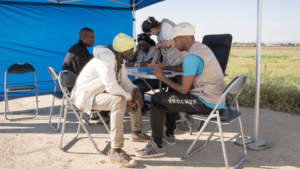
Evaluation of the project strengthening migrants’ right to health in Italy, Greece and Malta
-
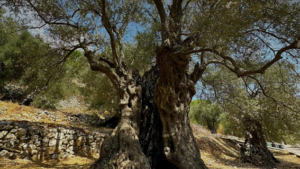
Final evaluation of the project that strengthens olive farmers’ resilience in Southern Lebanon
-

Social impact assessment of the Rapporti Corti project for socio-educational inclusion in the Navile district of Bologna
-

Evaluation of the Naseej project to stop gender-based violence in Iraq, Yemen, and Palestine
-
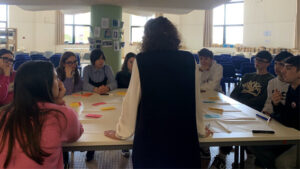
Evaluation of the project that promotes youth employment in Italy
-
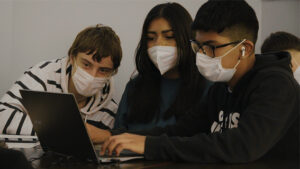
Final evaluation of the ‘5G Smart School’ project for innovative teaching in Italian schools
-
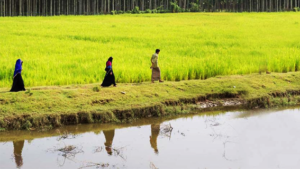
Evaluation of the project that fosters mainstreaming migration into international cooperation and development policies
-

Final evaluation of a project to contrast educational poverty in Albania
-
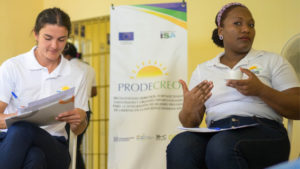
Evaluation of the project PRODECREO to promote the rights and socio-occupational reintegration of women deprived of their liberty in the Dominican Republic
-
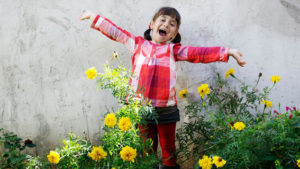
Final evaluation of the SOS Children’s Villages family strengthening project in Bosnia and Croatia
-

Evaluation of the project for the motor rehabilitation of oncological children in Turin
-
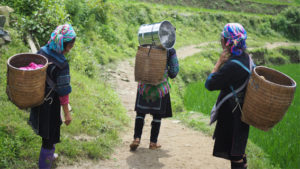
Evaluation of the project that aims to improve the health of the most vulnerable in Myanmar
-
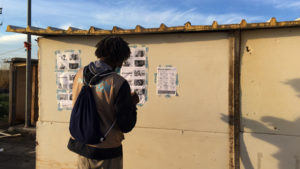
Final evaluation of the project that fosters proximity social-health services in the informal settlements of the Province of Foggia
-

Food Wave, Monitoring the project that promotes sustainable food consumption among young Europeans
-

Spazio Donna, evaluation of the projects to foster women empowerment and contrast gender-based violence
-

Evaluation of the projects “M’Interesso di Te” that tackle unaccompanied foreign minors’ integration
-
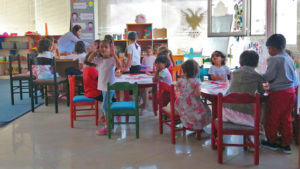
Evaluation of psycho-socio-sanitary interventions in response to the COVID-19 pandemic and the earthquake in Albania
-
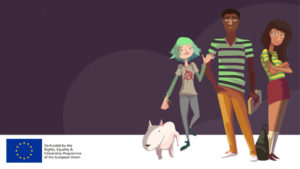
Final evaluation of the Youth For Love project to raise young people’s awareness of gender-based violence
-
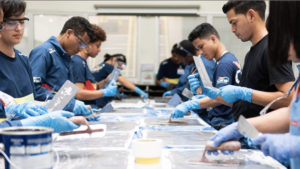
Multi-country mid-term evaluation of the YouthCan! programme, promoting the employability of vulnerable young people
-

Final evaluation of WEGO2 to support women economic empowerment contrasting intimate partner violence
-

Action Research for the project Do.N.N.E against gender-based violence in Central Italy
-

Evaluation of the project “Mentors for Resilience” to contrast educational poverty
-
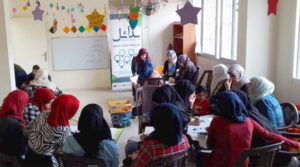
Outcome Harvesting of the project that aims to promote stability and social enterprise in Lebanon
-
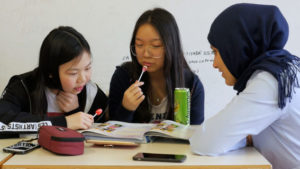
Annual evaluation and SROI of the programme “Nessuno Escluso” to contrast social exclusion and educational poverty in Tuscany
-
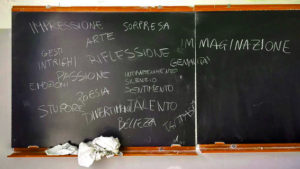
Evaluation of the project “Dreams and Needs” to contrast educational poverty in Italy
-
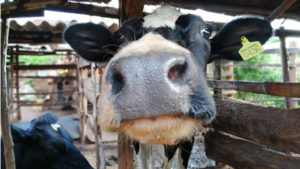
Mid-term evaluation of the project MilKy for the development of a sustainable dairy supply chain in Kenya
-

Final evaluation of Pe.R.Co.rrere: resilience of communities in Center Italy
-

Evaluation of the promotion campaign for Piave DOP cheese in Austria, Germany and Italy
-
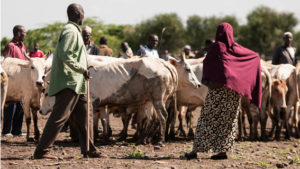
Mid-term & final evaluation of a project to strengthen resilience to climate shocks in Kenya
-
Evaluation of the promotion campaign for Italian specialities in Japan
-
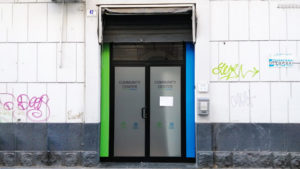
Community center, final evaluation of the social inclusion project
-
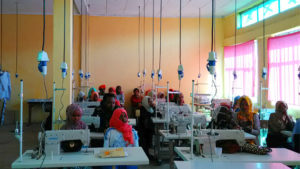
Mid-term evaluation of the project to contrast irregular migration in Ethiopia
-
Mid-term evaluation of the project for the conservation of Protected Areas in Albania
-

Social Impact Assessment of children’s protection programmes in Kyrgyzstan
-
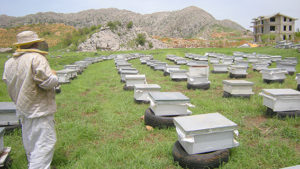
Monitoring&Evaluation of reintegration services for drug addicts and ex-addicts in Lebanon
-
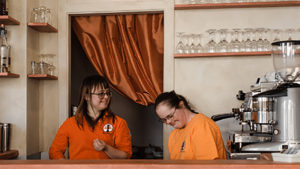
SROI Analysis, Albergo Etico social performance
-
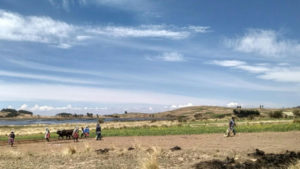
ECO.COM: strengthening local economic development in Bolivia
-

Improving the sustainability in the cherry supply chain in Bulgaria and Turkey
-
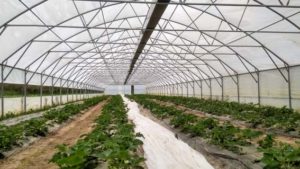
Evaluating sustainable agricultural supply chains in Bosnia Herzegovina and Albania
-
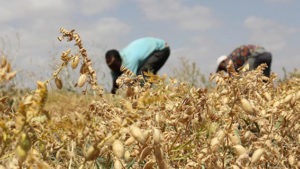
Impact evaluation of the creation of a durum wheat supply chain in Ethiopia
-
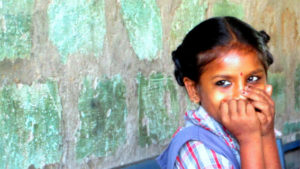
Impact evaluation of a Rehabilitation programme in India